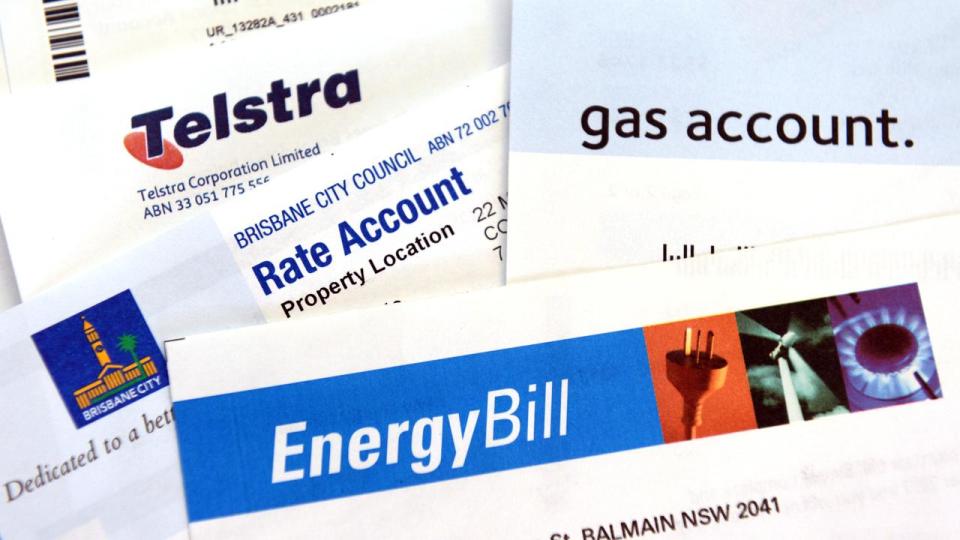Reserve Bank keeps options open on interest rates
The Reserve Bank of Australia is leaving its options open on interest rates at a time of economic weakness, with inflation still above the central bank's target.
Governor Michele Bullock reiterated the board's position of "not ruling anything in, ruling anything out" in reference to the likely trajectory for interest rates, as the central bank continues to monitor incoming data.
That could spell more pain for borrowers, especially those who've written to the governor detailing their struggles to keep up with debt payments.
"If it turns out, for example, that inflation starts to go up again, or it's much stickier than we think and we're not getting it down, then we won't hesitate to move and raise interest rates again," she told a Senate economics committee hearing in Canberra on Wednesday.
"In contrast, if it turns out that the economy is much weaker than expected, and that puts more downward pressure on inflation, then we'll be looking to ease."
Her remarks came ahead of the release of the March quarter economic growth figures that were, as she predicted, weak.
The 1.1 per cent annual growth measured by the Australian Bureau of Statistics was the slowest annual pace since 1992, outside the pandemic, with the quarterly figure lifting a measly 0.1 per cent.
National Australia Bank head of market economics Tapas Strickland said with the economy growing beyond trend, the central bank had a clear preference for keeping interest rates on hold until it was confident about inflation.
"The RBA is still trying to achieve the 'narrow path', deliberately tolerating a slower return of inflation to target to try and preserve as much of the labour market gains as possible," he wrote in a note.
Asked about the impact of the federal government's energy bill rebates on the central bank's inflation fight, Ms Bullock agreed with Treasury estimates that the overall package would trim a quarter of a percentage point off headline inflation.

Following the federal budget, the $300 energy rebate plan was criticised by some economists who warned it would drive spending elsewhere, even if it mechanically weighed on inflation.
Ms Bullock said the power bill relief would drive headline inflation down "at the margin" and could also help keep inflation expectations anchored by influencing the prices of items indexed to the consumer price index.
"But in terms of the underlying pulse of inflation, we're looking through that... we don't think it's going to have an impact on that," she said.
"We try to look through things that are one-off and are going to be reversed."
The governor also acknowledged the pressure on mortgage holders from higher interest rates and said it was "what's driving us to try and make sure that we keep on this narrow path".
"I get lots and lots of letters, and I read those letters, and some of them are very hard to read," she told the hearing.
Australia was still on the narrow path to a "soft landing", she said, which involves the economy slowing enough to beat inflation while keeping the gains in the labour market.
Ms Bullock also said the domestic situation does not fit the definition of stagflation.
In the 1970s, the Australian economy experienced a period known as stagflation, where growth was stagnant and inflation was above average.
"Stagflation, typically, you'd think of as a situation where you've got very high inflation - inflation is high, but it's come down from 8 per cent, 7.8 per cent," she said.
Annual inflation is currently 3.6 per cent.

 Yahoo Finance
Yahoo Finance 